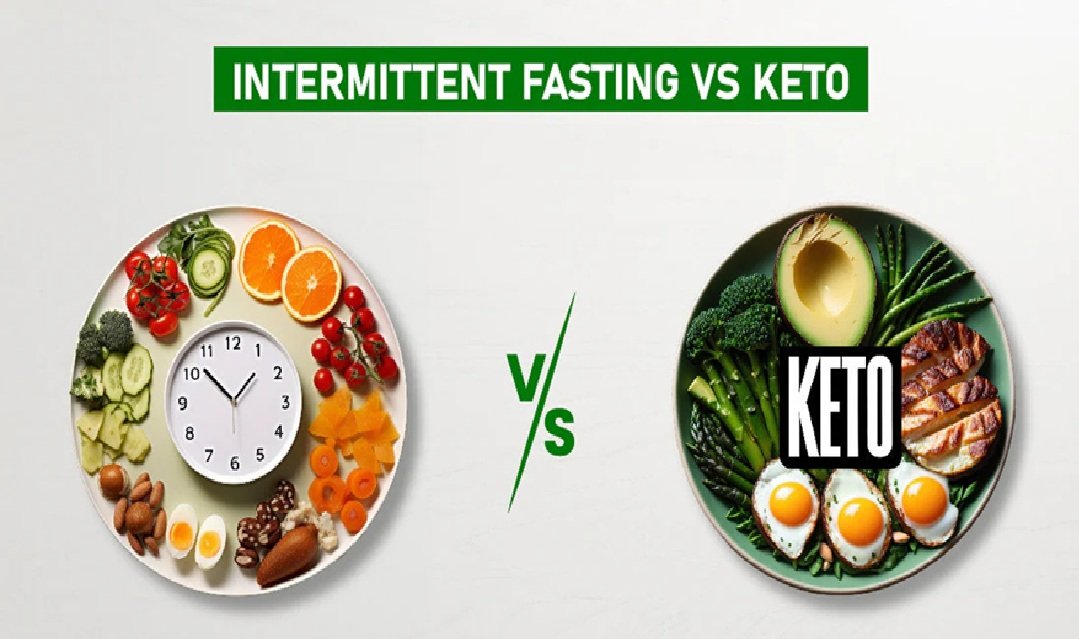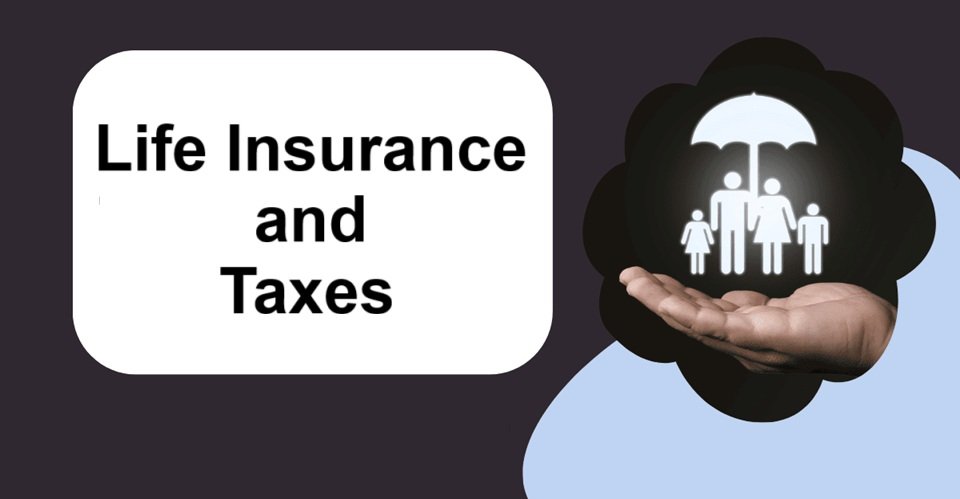Originally posted on September 21, 2025 @ 8:20 AM
Mental Health Tools Americans Swear By – In 2025, mental health is no longer a topic whispered about in the shadows—it’s part of mainstream conversations. From students managing exam stress to professionals balancing work-life chaos and seniors seeking peace of mind, mental health tools Americans swear by are now more accessible than ever. In this blog post, we’ll break down the most effective mental health tools Americans swear by, including apps, evidence-based practices like Cognitive Behavioral Therapy (CBT), journaling, mindfulness, and when to seek professional help. By the end, you’ll have a clear understanding of which tools might work best for your unique lifestyle and needs.
The rise of digital technology, combined with proven therapy methods and self-care practices, has made it possible for millions of people to support their emotional well-being without always stepping into a clinic. Whether it’s a mindfulness app, a simple journaling routine, or structured therapy sessions, these tools are reshaping how Americans take charge of their mental wellness.
Why Mental Health Tools Matter in 2025
Mental health challenges such as anxiety, depression, burnout, and stress affect millions of Americans. According to the National Institute of Mental Health, nearly 1 in 5 U.S. adults experience mental illness each year. Fortunately, technology and evolving therapy methods have made it easier to access support.
Mental health tools provide:
Accessibility – Help from anywhere, anytime.
Affordability – Many apps and practices are low-cost or free.
Flexibility – Users can choose between self-guided tools and professional help.
Consistency – Daily use builds long-term resilience and coping strategies.
Simply put, these tools empower individuals to take proactive steps toward better mental well-being.
Digital Apps: Mental Health at Your Fingertips
In 2025, digital apps are among the top mental health tools Americans swear by. From meditation to therapy sessions, there’s an app for nearly every need.
1. Mindfulness and Meditation Apps
Calm – Offers guided meditations, sleep stories, and breathing exercises.
Headspace – Popular for stress reduction, focus, and mindfulness courses.
Insight Timer – Free app with thousands of guided sessions from experts.
Why they work: Meditation apps help reduce stress, improve sleep, and increase emotional regulation.
2. Therapy and Counseling Apps
BetterHelp – Connects users to licensed therapists online.
Talkspace – Offers text, audio, and video therapy options.
Cerebral – Provides therapy and medication management for anxiety and depression.
Why they work: They bring professional help to people who can’t attend in-person sessions.
3. Habit-Tracking and Journaling Apps
Daylio Journal – Tracks mood and daily habits.
Moodfit – Helps users understand patterns in their mental health.
Reflectly – AI-powered journaling for gratitude and mindfulness.
Why they work: Journaling and habit tracking give users insight into emotional triggers and progress.
Evidence-Based Therapy Methods
Apps alone aren’t enough—sometimes structured, research-backed methods provide the most reliable improvements.
1. Cognitive Behavioral Therapy (CBT)
What it is: A structured therapy that helps identify and change negative thought patterns.
Why Americans swear by it: Highly effective for anxiety, depression, and stress.
How to practice at home: Use CBT workbooks, digital CBT apps, or worksheets guided by a therapist.
2. Mindfulness-Based Stress Reduction (MBSR)
What it is: Combines meditation, breathing, and body awareness.
Benefits: Reduces chronic stress, improves focus, and enhances self-awareness.
3. Acceptance and Commitment Therapy (ACT)
What it is: Focuses on accepting thoughts and feelings while committing to positive behaviors.
Best for: People dealing with trauma, chronic pain, or difficult life changes.
Self-Care Practices Americans Swear By
Sometimes, the simplest tools are the most powerful. Daily self-care practices help build resilience and emotional balance.
1. Journaling
Writing down thoughts helps clear the mind.
Gratitude journaling boosts positivity.
Reflection helps track growth and emotional triggers.
2. Physical Activity
Exercise releases endorphins, reducing anxiety and depression.
Even light walks can improve mood.
3. Healthy Sleep Habits
Setting consistent sleep schedules reduces stress.
Using apps like Calm for sleep stories supports relaxation.
4. Nutrition and Hydration
Balanced diets support brain health.
Omega-3, magnesium, and vitamins play roles in mood regulation.
5. Mindfulness and Breathing Exercises
Short breathing techniques can calm the nervous system.
Mindful breaks during work reduce stress.
Telehealth and Virtual Therapy in 2025
Post-pandemic, telehealth is now a permanent part of healthcare. Virtual therapy sessions are one of the leading mental health tools Americans swear by.
Advantages include:
Access to therapists across state lines.
Flexible scheduling for busy professionals.
Reduced stigma since therapy can be done privately at home.
Red Flags: When to See a Professional
While apps and self-care can help, there are times when professional care is essential. Seek help if you experience:
Persistent sadness or hopelessness.
Thoughts of self-harm or suicide.
Severe anxiety interfering with daily life.
Difficulty managing relationships or work due to mental health.
Remember: Tools are supportive, but therapy and professional care can be life-saving.
Combining Tools for Maximum Results
Many Americans find that combining digital apps, self-care practices, and therapy methods yields the best outcomes. For example:
Using a mindfulness app daily + weekly therapy sessions.
Practicing journaling along with CBT techniques.
Engaging in telehealth therapy while maintaining healthy sleep and exercise routines.
The key is consistency and personalization—choosing tools that fit your lifestyle and needs.
Pros and Cons of Mental Health Tools
Pros
Affordable and accessible.
Can be used anytime, anywhere.
Helps develop long-term coping skills.
Provides privacy and self-guided progress.
Cons
Not a replacement for professional treatment in severe cases.
Some apps require subscriptions, adding costs.
Information overload can be overwhelming without guidance.
Conclusion
Mental health is a journey, and the tools we choose along the way can make all the difference. From meditation apps and journaling routines to CBT practices and telehealth therapy, the mental health tools Americans swear by are diverse and powerful.
In 2025, you don’t need to wait for a crisis to take care of your well-being. Start small—download a mindfulness app, begin a gratitude journal, or schedule a virtual therapy consultation. With the right mix of tools and consistency, you can build resilience, reduce stress, and live a healthier, more balanced life.
FAQs About Mental Health Tools Americans Swear By
Q1. What are the best free mental health apps in 2025?
Headspace (limited version), Insight Timer, and Daylio Journal are highly rated free options.
Q2. Are apps as effective as therapy?
Apps are helpful for self-care but don’t fully replace therapy, especially for severe conditions.
Q3. Can I practice CBT without a therapist?
Yes, through CBT apps and workbooks, but having a professional guide enhances results.
Q4. How do I know when to seek professional help?
If your symptoms interfere with work, relationships, or daily function, it’s time to consult a professional.
Q5. Can telehealth therapy be covered by insurance?
Yes, many U.S. insurance providers cover virtual therapy sessions as of 2025.
Q6: What are the best apps for mental health in 2025?
Headspace, Calm, Talkspace, BetterHelp, and Moodfit are among the most trusted apps.
Q7: Can journaling really improve mental health?
Yes, journaling helps release emotions, track patterns, and reduce stress.
Q8: Are teletherapy sessions as effective as in-person therapy?
Studies show teletherapy is equally effective for many conditions, especially for accessibility and convenience.
Q9: What’s the difference between CBT and DBT?
CBT focuses on changing thought patterns, while DBT adds emotional regulation and relationship skills.
Q10: How do I know when to seek professional help?
If symptoms interfere with daily life for more than two weeks, or if you experience suicidal thoughts, seek immediate professional care.


